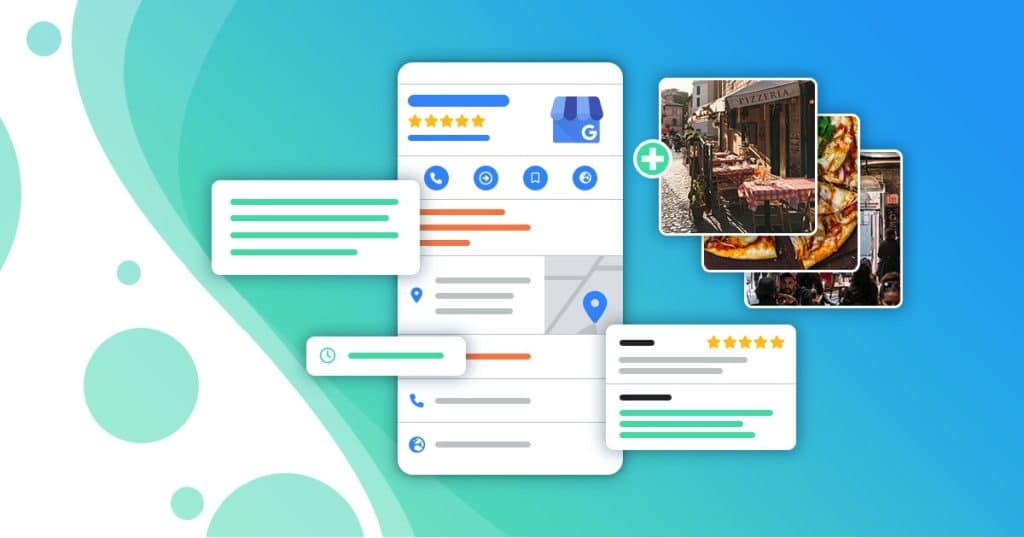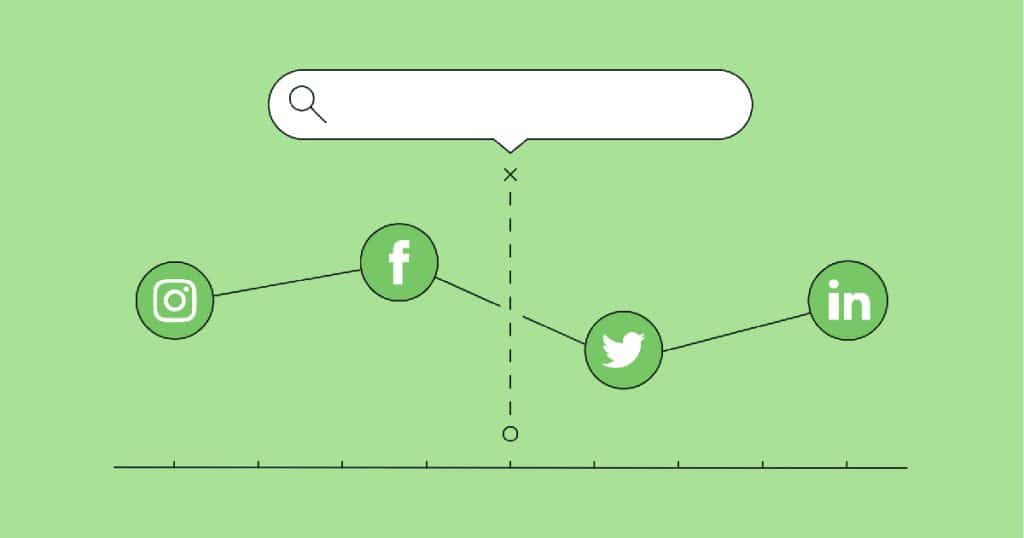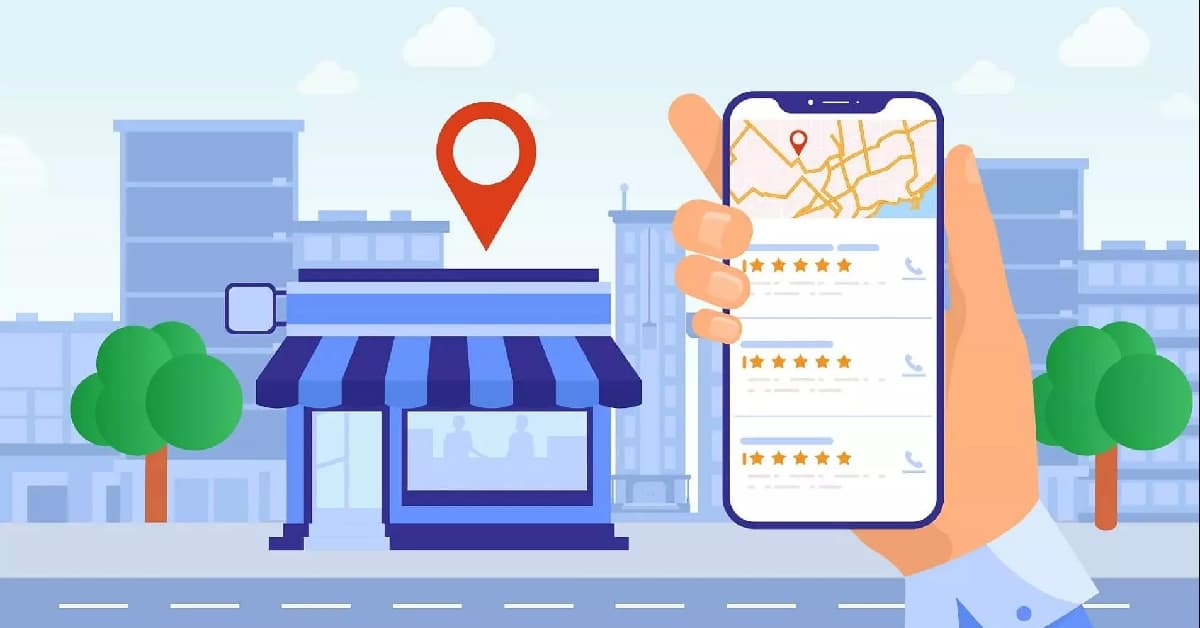Small businesses are the backbone of local communities, and as such, it’s important for them to have a strong online presence. Local SEO is a great way to increase visibility for your business and drive more traffic to your website.
Here are 7 tips to help you improve your local SEO and attract more customers to your small business.
1. Claim Your Google My Business Listing:

One of the most important things you can do for your local SEO is to claim your Google My Business (GMB) listing. This is a free service provided by Google that allows businesses to manage their online presence across Google, including search and maps.
When you claim your GMB listing, you’ll be able to provide important information about your business such as your business hours, location, contact information, and photos. This information will then be used to populate your business’s knowledge panel, which appears on the right-hand side of the search results page when someone searches for your business by name.
Having a complete and verified GMB listing can greatly improve your visibility in local search results, as Google uses this information to help determine your business’s relevance and credibility. It also provides potential customers with all the information they need to find and contact your business.
2. Optimize Your Website:
Having a well-designed and optimized website is crucial for local SEO. It not only helps search engines understand your business’s location and services, but it also provides a positive user experience for customers who visit your site.
Here are some ways to optimize your website for local SEO:
- Include relevant keywords in your page titles, meta descriptions, and content. Use keywords that accurately describe your business and services, and include location-specific keywords as well. This will help search engines understand the relevance of your site to specific local search queries.
- Use structured data to help search engines understand your business’s location and contact information. Structured data, also known as schema markup, is a code that can be added to your website to provide additional information to search engines. This information can include things like your business name, address, phone number, and services.
- Make sure your website is mobile-friendly and loads quickly. With more and more people using mobile devices to access the internet, it’s important that your site is optimized for smaller screens and loads quickly. A slow-loading site will not only hurt your SEO but it will also drive away potential customers.
- Have a clear and easy to find contact page, this page should include all your contact information such as your business address, phone number, and email address. Additionally, you can include a Google map to show your location, and this will help customers find your business easily.
- Consider creating local landing pages, it is also a good idea to have specific landing pages for different locations or services. This allows you to target specific keywords and attract more local customers. For example, if you have multiple locations, you could create a separate landing page for each location, complete with unique content and images.
3. Get Reviewed:
Encouraging customers to leave reviews of your business on sites like Google, Yelp, and TripAdvisor can greatly boost your local SEO and make it more likely that your business will show up in local search results. Online reviews are a powerful tool that can influence a potential customer’s decision, they help establish trust and credibility for your business.
Here are some tips for getting reviews:
- Make it easy for customers to leave a review by including links to your business’s review page on your website and in email signatures.
- Respond to all reviews, both positive and negative, in a timely and professional manner. This shows potential customers that you care about their feedback and are dedicated to providing a great customer experience.
- Follow up with customers after a purchase or service to ask for a review. A gentle reminder can go a long way to increase the chances of getting a review
- Offer incentives for leaving a review, for example, a small discount for the next purchase or a free product sample.
It’s important to note that when it comes to reviews, both positive and negative have an impact. Negative reviews can provide valuable feedback that can help you improve your business, while positive reviews can help boost your local SEO. Furthermore, it is against most review sites policies to offer incentives in exchange for a positive review, and it’s also against Google’s guidelines to buy or generate fake reviews.
4. Build Local Citations:
A local citation is any mention of your business’s name, address, and phone number (NAP) on a website. These citations help to establish your business’s legitimacy and can boost your local SEO.
Citations help search engines understand the relevance and popularity of your business, as well as help to establish a consistent online presence for your business. The more citations your business has, the more likely it is to be found by potential customers.
Here are some ways to build local citations:
- Find directories relevant to your industry and add your business information to them. Some examples of directories are Yellowpages, Yelp, and TripAdvisor.
- Create a business listing on sites like Yelp, Yellowpages, and other online directories. Be sure to include accurate and consistent information about your business.
- Ask customers and other businesses you interact with to mention your business on their website. It could be a simple mention on their contact page, or a more detailed review.
- Create local listings on social media platforms like Facebook, Twitter, and LinkedIn. This will increase your business’s visibility and give customers an easy way to find and contact your business.
It’s important to keep in mind that it’s not enough to have a lot of citations, but it’s crucial to have accurate and consistent information across all citations. This includes keeping your business name, address, and phone number (NAP) the same across all directories. Search engines use NAP consistency as a ranking factor, and inconsistent information can actually harm your local SEO.
5. Create Local Content:
Creating content that is relevant to your local audience is a great way to target specific keywords and attract more local customers. Local content can take many forms, such as blog posts, articles, videos, and social media updates.
Here are some tips for creating local content:
- Write about local events, businesses, and happenings. For example, if there’s a popular festival or concert happening in your area, you could write a blog post about it and how it relates to your business.
- Create guides and lists of the best local restaurants, attractions, and activities. These types of content can be very popular among locals and tourists alike.
- Share customer stories or interviews, these type of content humanize your business and connect with the audience on a deeper level, also it can showcase your services, or product in a real life situation which potential customers can relate to.
- Use visual media to showcase your business and location, for example, you could create a video tour of your store or a photo essay of your city or neighborhood.
Creating local content not only helps attract more customers but also helps establish your business as a thought leader and an active member in the community. Additionally, it shows that you understand and appreciate your community, and that you are invested in its growth.
It’s important to note that when creating local content, it is crucial to optimize it for search engines by including relevant keywords and meta descriptions. This will help search engines understand the relevance of your content and increase the chances of it showing up in local search results.
6. Use Social Media:

Social media is a powerful tool for connecting with customers and promoting your business. By creating accounts on platforms like Facebook, Instagram, and Twitter, you can use them to post updates about your business, interact with customers, and even drive sales.
Here are some ways to use social media to improve your local SEO:
- Include your location and contact information in your social media profiles. This makes it easy for customers to find and contact your business, and also helps search engines understand the relevance of your accounts to specific local search queries.
- Post regularly and consistently, this way you can keep your followers engaged and interested in your business, this also increases the chances of appearing on their feed and ultimately increases visibility.
- Use location-based hashtags and keywords in your posts. This will make your content more discoverable to people searching for businesses in your area.
- Use Instagram stories and Facebook check-ins, these features allow you to share your location with your followers, increasing your visibility in local search results.
- Create and join local groups and communities on social media platforms. This can help you connect with other businesses and potential customers in your area.
Social media can be a great way to increase your visibility and attract more customers to your business. By including your location and contact information in your social media profiles, posting regularly, using location-based hashtags and keywords, creating local groups and communities, and use features like Instagram stories and Facebook check-ins, you can reach a wider audience and improve your local SEO. Remember, it’s important to be active on social media, this means responding to comments and messages, engaging with your followers and keeping your content fresh and relevant.
7. Partner With Other Local Businesses:
Finally, partnering with other local businesses is a great way to boost your local SEO and reach a wider audience. By working with other businesses in your area, you can tap into their customer base and gain exposure to a new audience.
Here are some ways to partner with other local businesses to improve your local SEO:
- Exchange links with other local businesses. By linking to each other’s websites, you can help improve each other’s search engine rankings and drive more traffic to each other’s sites.
- Co-create content with other local businesses. This can be in the form of a blog post, a video, or even a podcast. By working together to create content, you can reach a wider audience and establish your business as a thought leader in your community.
- Offer a loyalty program or a referral program, this way you can incentivize customers to bring in new customers and promote your business.
- Host or participate in local events, such as charity events, local fairs, or other community events. This can help you get more visibility and connect with potential customers.
- Cross-promote each other on social media, you can create joint social media posts or even social media campaigns, this way you can reach a larger audience and get the support of other businesses in your community.
By partnering with other local businesses, you can improve your local SEO and reach a wider audience. By exchanging links, co-creating content, offering loyalty or referral programs, participating in local events, and cross-promoting each other on social media, you can help promote your business and establish it as an active member of your community. Remember that when partnering with other local businesses, it’s important to find businesses that align with your values and mission, in this way, you will attract the right audience and establish a long-term relationship.
In conclusion, local SEO is an essential aspect of online marketing for small businesses. It enables small businesses to reach their target audience and acquire new customers by appearing on top of local search results. By implementing these 7 tips, you can improve your local SEO and give your small business a boost in visibility and revenue. But remember, SEO is an ongoing process, consistency is the key.
Related articles To Local SEO :
 Youssef is passionate about crafting compelling and persuasive content and engaging online in social communities. With a knack for creative storytelling and a love for social media, he brings a fresh perspective to digital marketing. Youssef thrives in dynamic environments and enjoys the startup culture, where he can experiment and innovate.
Youssef is passionate about crafting compelling and persuasive content and engaging online in social communities. With a knack for creative storytelling and a love for social media, he brings a fresh perspective to digital marketing. Youssef thrives in dynamic environments and enjoys the startup culture, where he can experiment and innovate.












